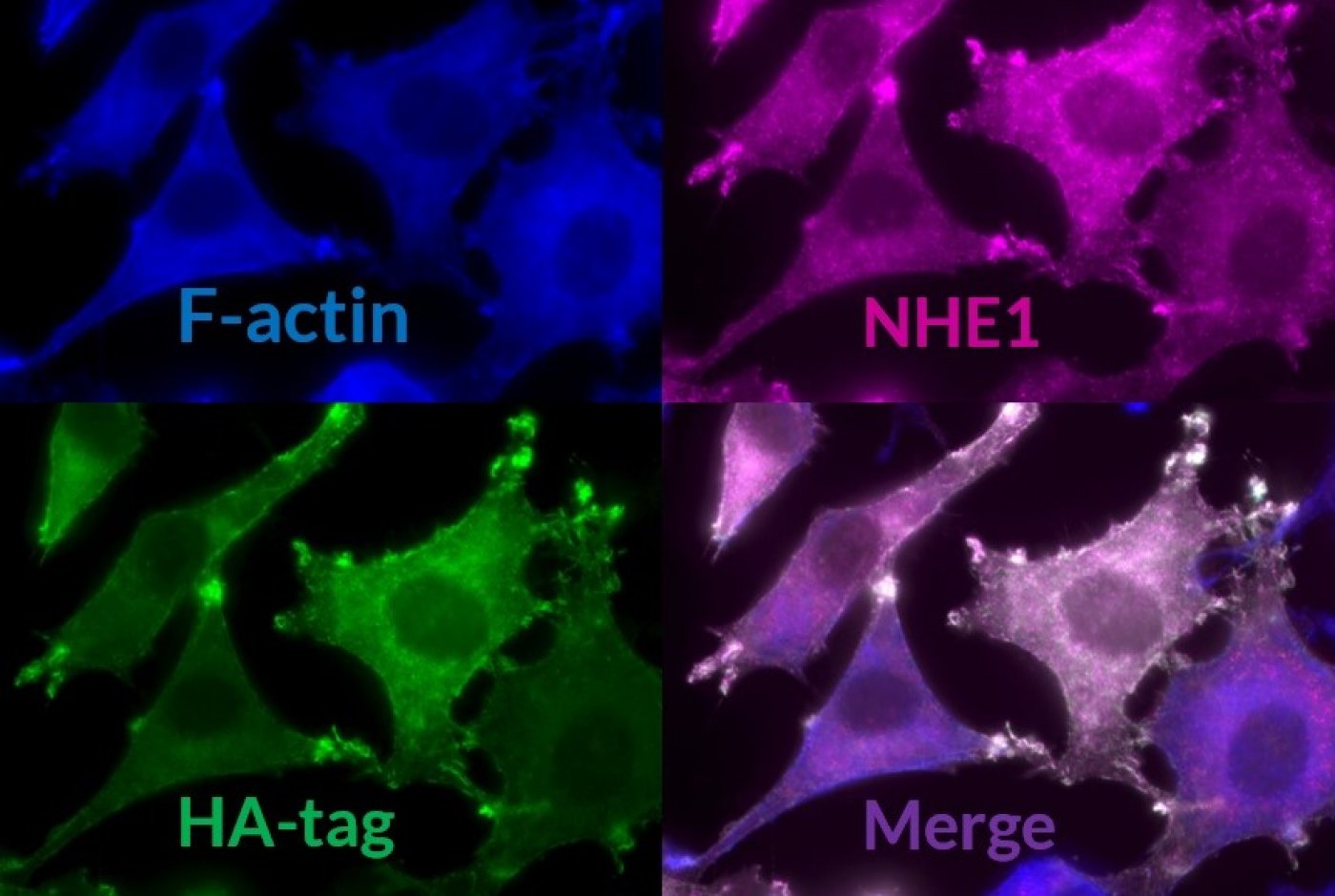
LUCA: the last universal common ancestor
Approximately 4 billion years ago, an event that was landmark in creating all life on earth happened. Without it, we wouldn't be here. Presumably in some hydrothermal crevices at the bottom of the ocean, the ancestor of all cells arose. The cell that had precisely the characteristics needed to survive, got together to form more and become the origin of all the life we know today. One of its most important properties was being able to move substances in and out of the cell. It disposed of waste material from its interior - and at the same time drew usable substances into the cell from the outside while creating energy.
The cell in question is called LUCA: the last universal common ancestor. In this podcast, we hear not only how it came about and what it gained, but also how modern cancer research uses new knowledge of its characteristics to create better treatments. Kristoffer Frøkjær interviews Stine Falsig Pedersen, who is a Professor at the University of Copenhagen and group leader for the section for cell biology and physiology (in Danish).
Follow Science Stories on: iTunes, Spotify, Google Podcasts, Twitter, Facebook, and Instagram.
Related articles in English: